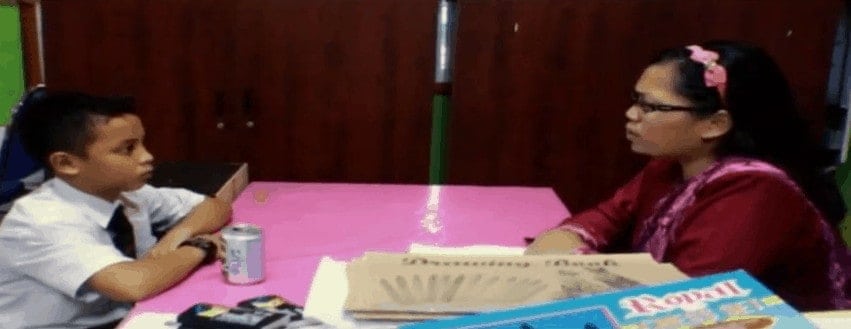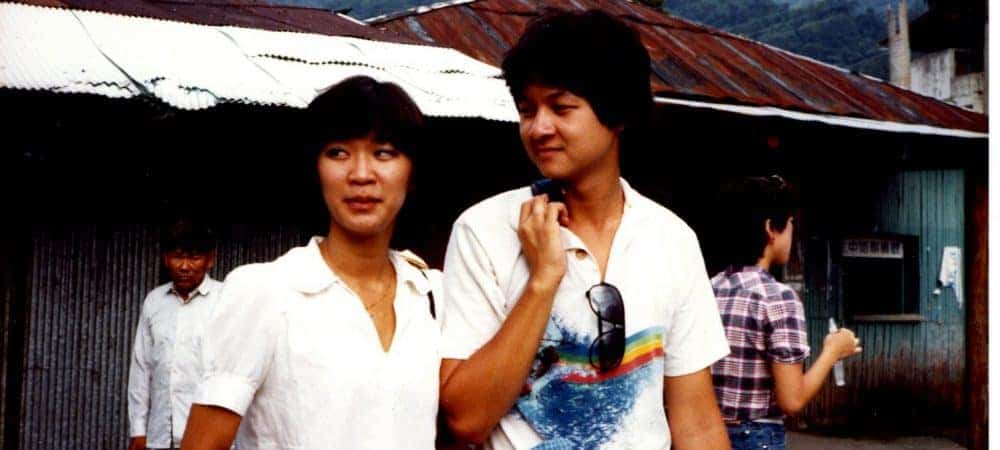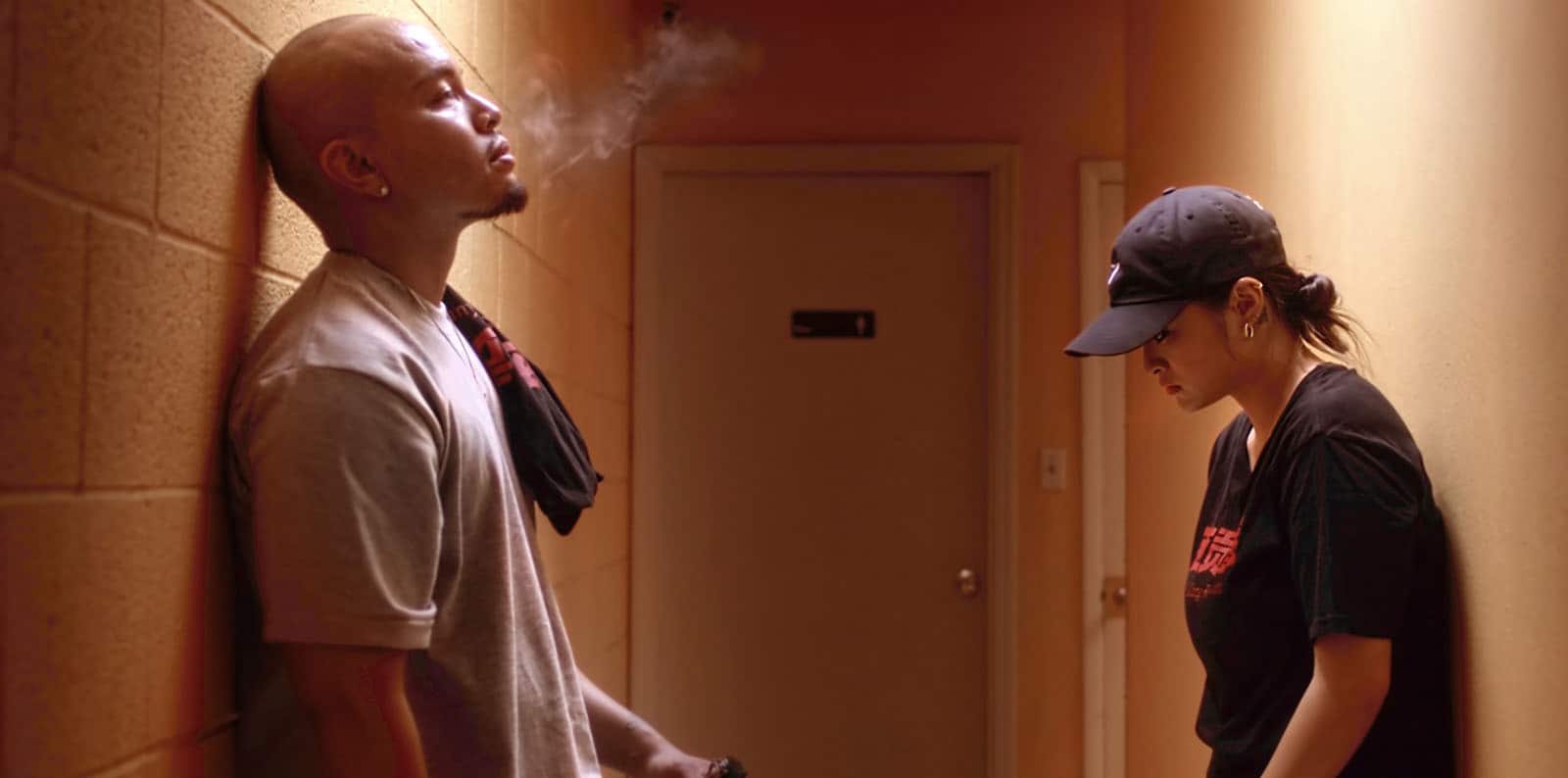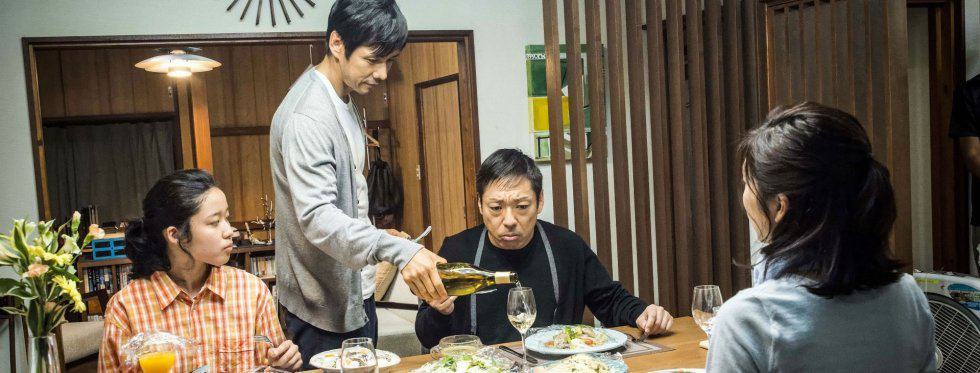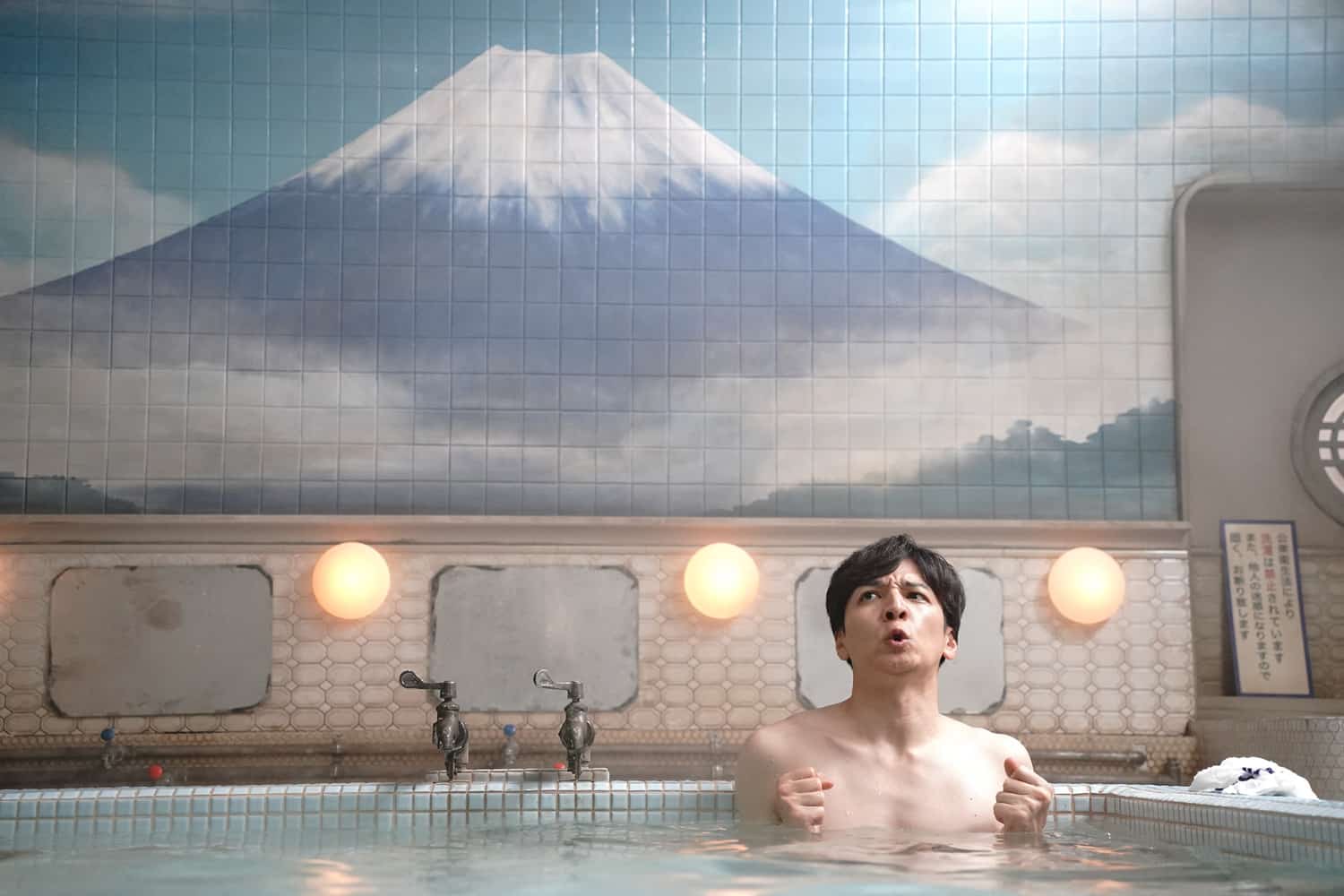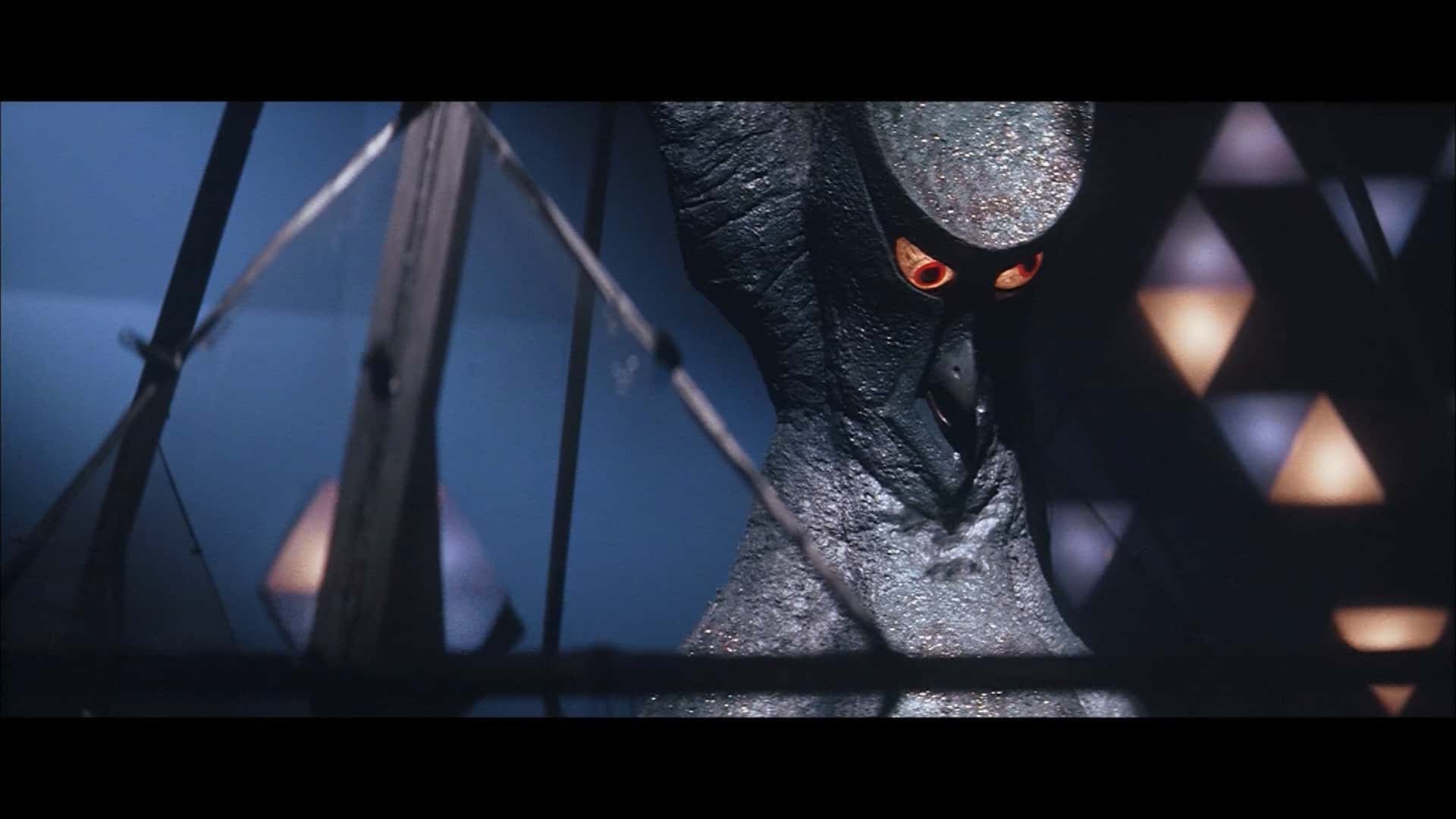“Jejakmu” follows a student who has fallen into bad influences. Befriending delinquents, the student begins to misbehave in classes as well as try unsavory things such as smoking. The original version of the film is told through a silent, and experimental narrative, while the remake in 2014, while keeping the same themes, is presented as a drama, reminiscent of a PSA.
The two short films exist as important notes within the film career of Wan Dinnie, with both production coming in the way of important life moments, with the original Jejakmu showing his first attempt at the short film format, and the remake marking his beginning career as a teacher and focusing projects towards the classroom setting. Both of these productions show aspects that bring a lot of charm and enjoyment to his films. The first one showcases an eye for experimentation and lo-fi production to create something slightly unsettling. The later cut hints towards the admiration to come in later projects by having students involved in the creative process.
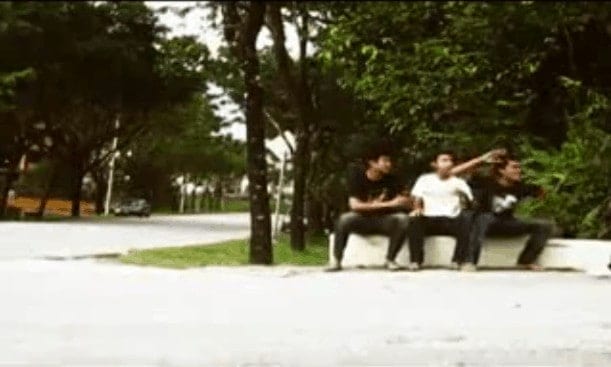
Both shorts do succeed in their message, perhaps more so than in other works of Dinnie's, given the narrative is pretty straightforward, with the experimental edge of the original cut coming more in the way of technique than narrative. Technically, both productions do suffer a bit in their own regard, with the overall visual quality of the first cut being lackluster and muddy (likely due to recording equipment) and the second cut having some stifled performances, existing more as a drama, free of the experimentation that is a trademark of the director's later productions. To the film's credit, both versions capitalize on one of the director's greatest strengths throughout his work, having a strong, sincere vibe, towards educating the younger generation through art.
Having reviewed Wan Dinnie's other short films (“Merah A.K.A Red“,”Alice“, “Hana“, “No Smoking“) the two cuts of “Jejakmu” do show the beginnings of a talented filmmaker. However, each production at the same time reflects the shortcomings that Dinnie had to overcome. Overall, when viewed alongside the director's other works, these film add intrigue and act as a reference point. Unfortunately, viewed outside of context of Dinnie's filmography both versions of “Jejakmu” are too flawed to garner much praise.


